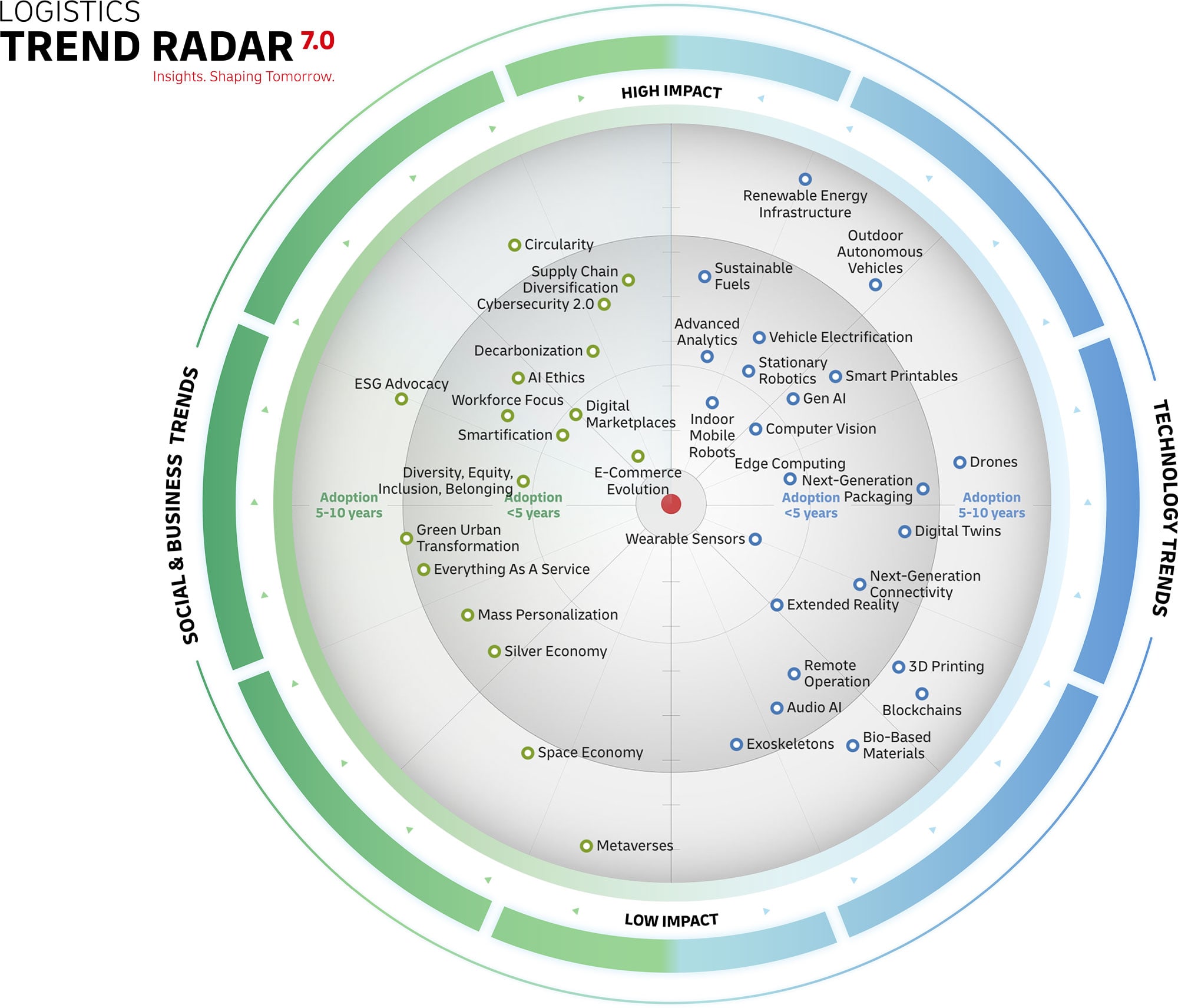A blockchain in simple terms is a distributed database that maintains a continuously growing list of records, called blocks. These blocks are connected using a method where each block has a cryptographic hash (an equation used to verify the validity of data) of the previous block, a timestamp, and an item of transaction data. These details cannot be altered retroactively without the alteration of all subsequent blocks as well as the consensus of the entire network. This ensures integrity of the data and enables this information to be considered a single source of truth for its users.
In recent years, logistics leaders in several industries have sought applicable use cases for this technology in their supply chains. Some logistics service providers, including DHL and Maersk in partnership with IBM and others, launched their own blockchains. However, in Q1 2023 Maersk and IBM decided to discontinue their blockchain-enabled shipping solution as it “has not reached the level of commercial viability necessary to continue work and meet the financial expectations as an independent business.”
There are different perspectives on market growth within this trend. The global blockchain funding market, worth US$ 9.2 billion in Q1 2022, dropped to $6.5 billion by Q2 2022 – a quarter-on-quarter decrease of 29%. But market intelligence company Fortune Business Insights projects blockchain industry growth from $17.57 billion in 2023 to $469.49 billion in 2030, a compound annual growth rate (CAGR) of 59.9%.
Blockchain technology exists today and is applicable to many segments along a supply chain, although not necessarily to the same degree. To maximize the benefit and utility of blockchain, however, companies need the right data and thus various methods of data collection. This requires coordination and collaboration among many players in the typically highly diverse supply chain ecosystem. Therefore, the small number of blockchain implementations of today are likely to need several more years before they mature to meaningful, comprehensive integration within the end-to-end supply chain.
Although there are many players in the market offering blockchain-based solutions, the technology has not yet been widely accepted across supply chains and it will take more than 5 years for this to happen at scale. Also, different levels of acceptance and thus adoption of the technology by country differs, determined by several factors including government legislation and funding.















